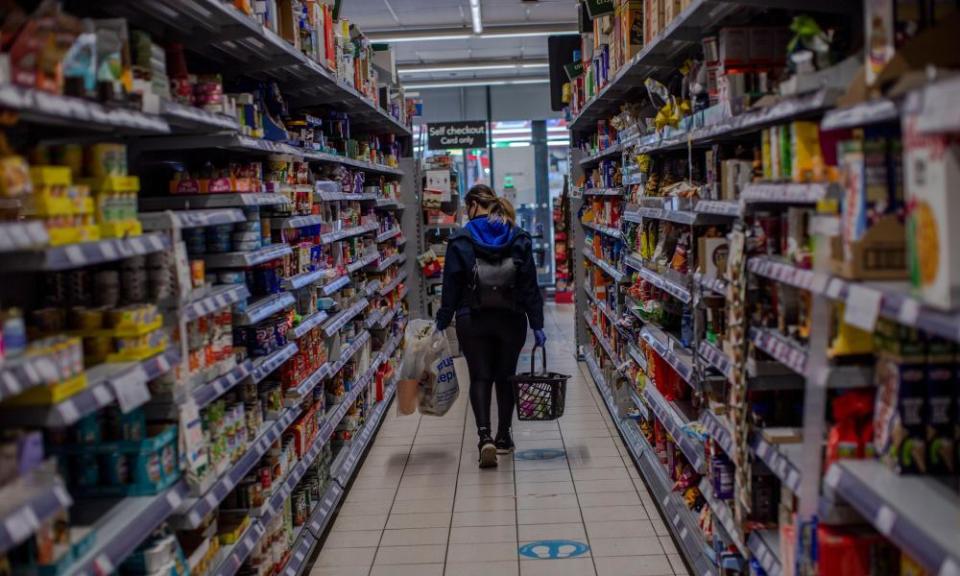Co-op slashes the price of plant-based food in quest for net zero emissions

The Co-operative Group is slashing the price of its plant-based burgers and sausages to push back against the “unfair” price of vegan food.
Consumers trying to reduce or give up meat often complain alt-meat is more expensive than buying the real thing.
To that end the Co-op is making a seven figure investment in its vegan range Gro with some products, including burgers and sausages, more than halving in price to bring them into line with the meat-based equivalent sold in its 2,600 stores.
Eating plant-based food “shouldn’t cost you more money” said Jo Whitfield, the Co-op Food chief executive, of the move which is part of its bigger plan to reach net zero emissions by 2040. “It’s an industry-wide standard that plant-based alternatives are usually priced higher than their meat and dairy counterparts … this disparity is unfair to those following vegetarian, vegan and flexitarian diets.”
A recent survey found vegan products 14% more expensive than their non-vegan equivalent per serving. But this varied significantly with some vegan products costing nearly three times as much.
Despite concerns about the high prices charged, sales of plant-based foods broke through the £1bn sales barrier in 2020, with 13 million shoppers buying meat-free substitutes and alt-milk, according to the grocery market analysts Kantar. And despite the hardship of lockdown, nearly 600,000 people around the world attempted Veganuary, up from about 400,000 in 2020.
Britons spent £549m on alt-meat burgers and sausages last year, according to a recent report by the market research firm Mintel which predicts sales will increase by 50% over the next five years. Awareness of the environmental benefits of eating less meat had “shot up” among consumers however the alt-meat market was “marred by an overpriced and processed image”, according to the consumer poll.
The reductions in the Gro range include vegan sausages down from £3 to £1.45 and the price of meat-free burgers slashed from £3.00 to £1.35. Meat-free mince is now £1.75 rather than £3.00. The reductions could save a family choosing vegan alternatives more than a hundred pounds a year, the Co-op said.
Lynne Elliot, the chief executive of the Vegetarian Society, said it supported any move that made plant-based food more accessible. “Eating a plant-based diet is one of the best things you can do to help reduce your carbon footprint,” she said.
The Co-op has promised to provide annual updates on its progress towards reaching net zero and has also linked Whitfield’s pay to carbon reduction targets. Other steps being taken include switching its 200-strong home delivery fleet to electric vehicles and an innovation fund to back carbon reduction research and development initiatives. It will also stop selling plastic “bags for life” because many shoppers use them only once, making plastic pollution worse.

 Yahoo Finance
Yahoo Finance 